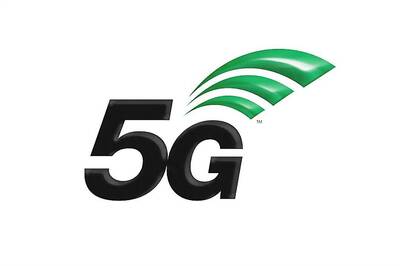
views
In today’s job market, Data Science and Data Analytics has become one of the most in-demand career options. Although the demand for both these courses is very high, many a time, students get stuck choosing between the two.
Before choosing a career in Data Science or Data Analytics, one should know the differences between the two.
Data Science and Data Analytics are distinct fields within engineering, each offering unique curricula, career trajectories and job opportunities.
Data Science is an expansive discipline focused on extracting insights from large, complex datasets. Its primary goal is to make predictions using advanced techniques, including machine learning, artificial intelligence and data mining for deeper analyses. Data Science primarily utilizes big and unstructured data and involves in-depth analysis.
In contrast, Data Analytics involves examining existing data to derive actionable insights for informed decision-making. This field emphasises statistics and data visualisation to identify patterns, primarily working with structured and semi-structured data. Data Analytics tends to focus on more superficial analyses.
The tools commonly used in Data Science include Python, R and TensorFlow, while Data Analytics relies on Excel, SQL and Tableau.
Regarding education and experience, Data Science typically requires knowledge of mathematics, statistics and computer science. In comparison, Data Analytics may involve studies in business management and economics.
Data Science addresses complex, open-ended, research-oriented questions, whereas Data Analytics focuses on well-defined, tactical problems that require immediate solutions.
Career opportunities in Data Science are prevalent in sectors like IT and healthcare, while Data Analytics roles are often found in finance and marketing.
In terms of growth potential, Data Science offers high prospects, while Data Analytics provides steady growth opportunities. Understanding these differences is crucial for students considering a career in either field.
The goal of both Data Science and Data Analytics is to identify actionable insights and patterns. Nevertheless, Data Science can also seek to produce broad insights by asking questions.
Therefore, the students must keep in mind the following differences between Data Science and Data Analytics before choosing a career.




















Comments
0 comment